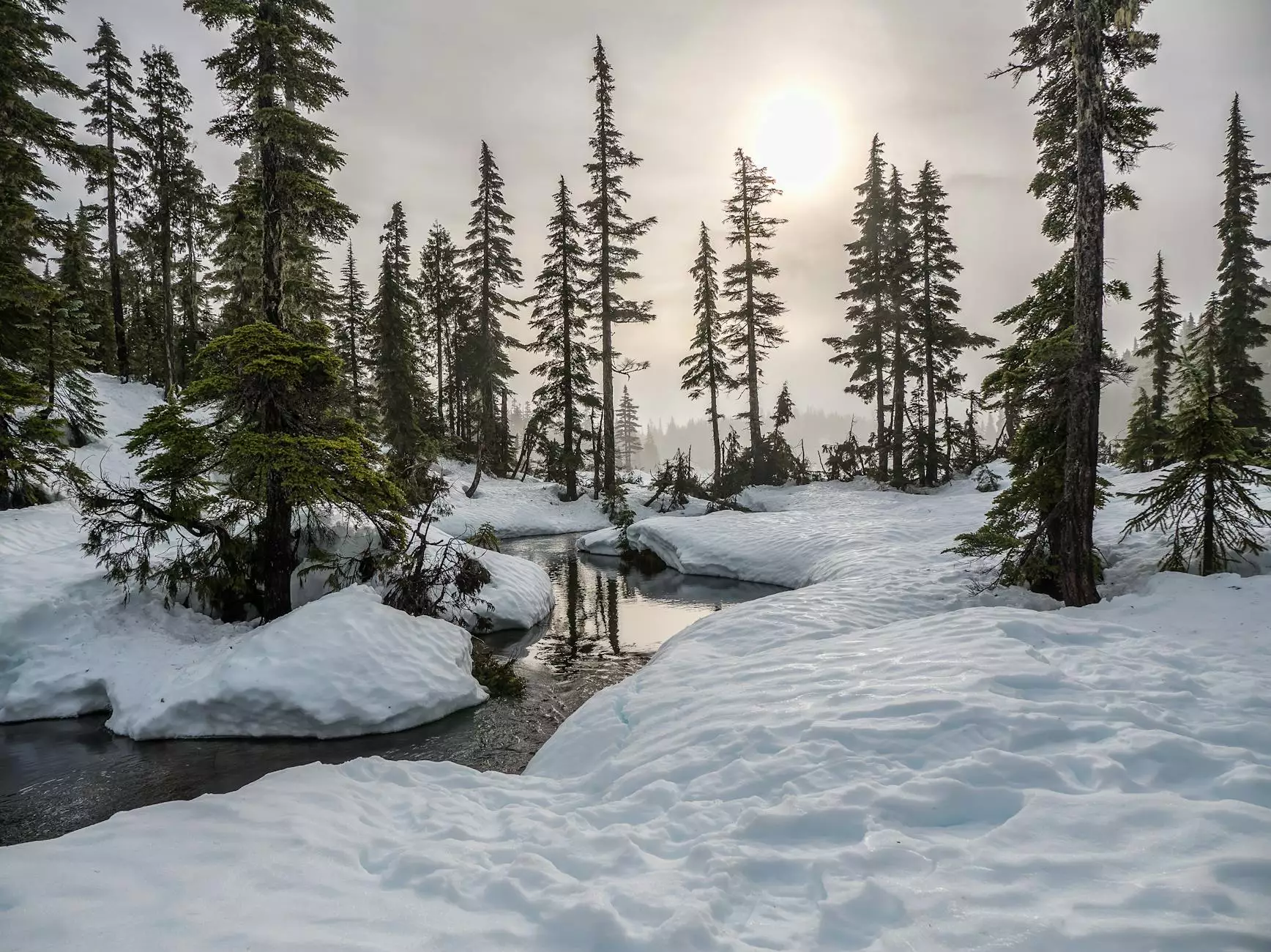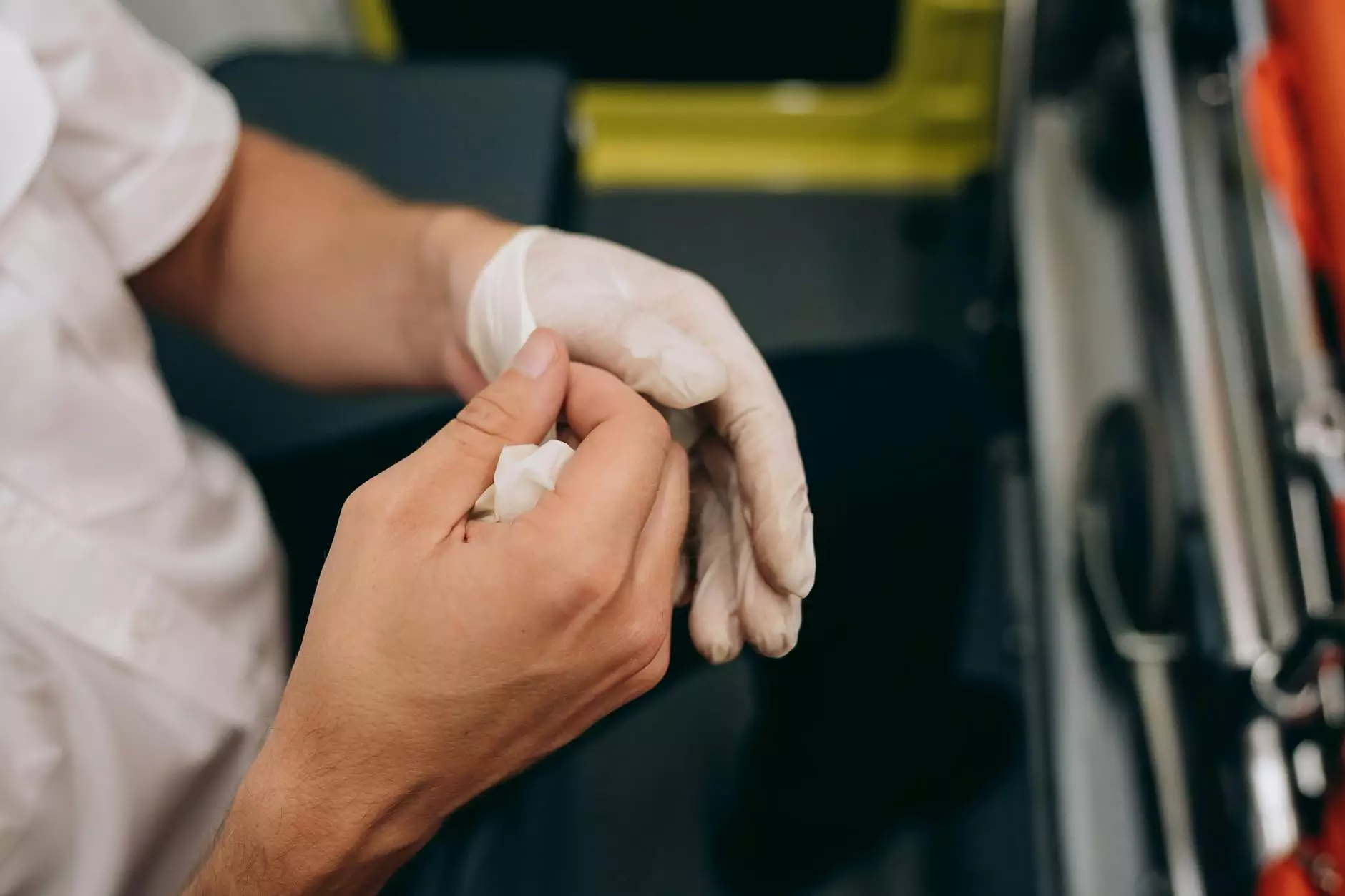Defrost Frozen Water Pipes: A Comprehensive Guide

Introduction
As the temperatures drop and winter sets in, dealing with frozen water pipes becomes a common concern for homeowners. Water freezing inside the pipes can cause significant damage if not addressed promptly. At White Plumbing Company, we understand the importance of taking swift action. In this guide, we will provide you with a comprehensive overview of the best practices to defrost frozen water pipes.
The Dangers of Frozen Water Pipes
Frozen water pipes can lead to a range of issues, including:
- Complete blockage of water flow
- Potential pipe burst, leading to costly repairs
- Water damage to your property
- Disruption of essential home services
Identifying Frozen Water Pipes
Before you can defrost your frozen water pipes, it's crucial to identify the affected areas. Some common signs include:
- Lack of water flow through faucets
- Unusual noises coming from the pipes
- Visible frost or ice accumulation on the pipes
- Reduced water pressure
Steps to Safely Defrost Frozen Water Pipes
To successfully defrost your frozen water pipes, follow these steps:
1. Keep Faucets Open
Start by ensuring that all faucets connected to the frozen pipes are open. Running water through the pipes, even if it's just a trickle, can help relieve pressure and prevent further damage during the defrosting process.
2. Apply Heat
There are several methods you can use to apply heat to the frozen pipes:
A. Hairdryer
Using a hairdryer on low heat settings, move it back and forth along the frozen section of the pipe. Be cautious and avoid direct contact with any water present. Keep the dryer at a safe distance to prevent overheating or damage to the pipe.
B. Heat Lamp or Space Heater
A heat lamp or space heater can be effective in defrosting larger sections of frozen pipes. Place the lamp or heater near the targeted area, making sure to keep flammable objects away. Monitor the process closely to avoid any potential fire hazards.
C. Hot Towels
Soak towels in hot water and wrap them around the frozen pipes. This method helps transfer heat to the ice-clogged area, gradually thawing it out. Replace the towels as needed to maintain the desired level of warmth.
3. Apply Gentle Heat
Avoid using open flames, blowtorches, or other high-intensity heat sources to defrost the pipes, as they can cause more harm than good. Stick to gentle heat methods to prevent pipe damage.
4. Monitor the Process
Throughout the defrosting process, keep a close eye on the pipes and the surrounding area. Look out for any signs of improvement, such as the return of water flow or melting ice. Patience is key during this step, as it may take some time for the pipes to completely defrost.
Preventative Measures
To avoid future occurrences of frozen water pipes, consider taking these preventative measures:
A. Insulate Your Pipes
Add insulation to the exposed pipes, especially those located in unheated areas such as basements, attics, and crawl spaces. Insulation sleeves or heat tape can provide a protective layer to prevent freezing.
B. Seal Drafts
Check for any drafts or openings near your pipes. Seal them with caulk, weather-stripping, or foam insulation to keep cold air from reaching the pipes.
C. Allow Faucets to Drip
During extremely cold weather, leaving faucets slightly open can help prevent freezing. The steady flow of water reduces the chance of ice buildup.
D. Maintain Adequate Heating
Ensure your home's heating system is properly functioning, especially in areas where pipes are susceptible to freezing. Consistent indoor temperatures will help keep the pipes at a safe temperature.
E. Drain Outdoor Water Systems
Before winter arrives, disconnect and drain any outdoor hoses, sprinkler systems, or water features. This eliminates any standing water that could freeze and damage the connected pipes.
Conclusion
By following the steps outlined in this comprehensive guide, you can effectively defrost frozen water pipes and minimize the risk of costly damage to your plumbing system. Remember, prevention is key, so take the necessary measures to protect your pipes from freezing in the first place. If you need any assistance or encounter any difficulties, don't hesitate to reach out to our experts at White Plumbing Company. Stay warm and worry-free this winter!









